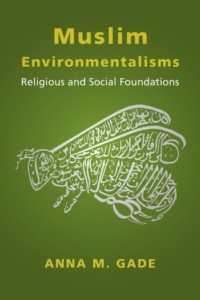
The Problem of Contextuality in Global Environmental Discourses
Decolonizing ecological studies or environmental humanities forces us to “return to the problem of context,” writes Rosemary Hancock in this response to our interview with Anna Gade.

Decolonizing ecological studies or environmental humanities forces us to “return to the problem of context,” writes Rosemary Hancock in this response to our interview with Anna Gade.
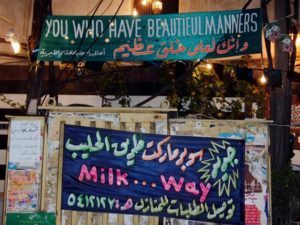
“The body alone cannot deal with the language problem that we have,” writes Alina Kokoschka in her response to our interview with Richard McGregor on images, aesthetics, and challenge of studying objects in Islam.

How can Islamic Studies help advance the study of religion and visual and material culture, asks Anna Bigelow in this response to our interview with Richard McGregor. One way is through “close attention to the subtleties” of context, method, and discipline that characterize work that intently follows the objects and their “multiple, shifting registers.”

Maria Nita says we’ve gone beyond new stories for the nonreligious in this response to our episode with Tim Stacey. We see “new types of storytelling,” she contends, and this opens exciting ethnographic opportunities for future scholarship.
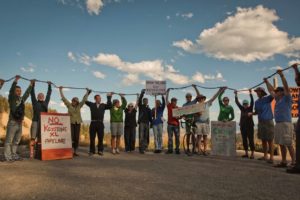
Stories can “exert an agentic force” that makes them powerful tools for environmental action among the nonreligious for whom belief is a weak analytic category argues Lisa H. Sideris in this response to our interview with Tim Stacey.
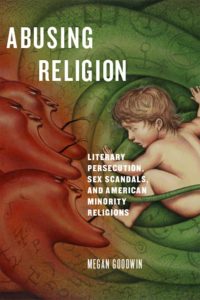
“One can refuse to be manipulated by sensationalist media priming the public to generate the outrage that will serve white supremacy,” writes Abimbola Adelakun in this response to our interview with Megan Goodwin on the theory of contraceptive nationalism in her book Abusing Religion
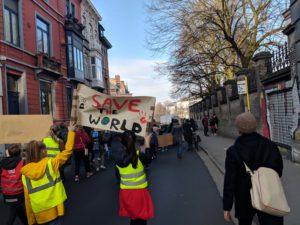
“How is a myth different from a story or narrative?” Susannah Crockford says the answer “shifts dramatically with different disciplinary definitions and assumptions.” Read on to learn why this matters in her response to our episode with Tim Stacey on “Myth-Making, Environmentalism, and Non-Religion”
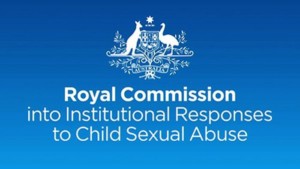
“Is sexual abuse categorically different in religious contexts than in other institutional contexts,” ask Brian Clites in this response to our interview with Katherine McPhillips. Focusing on the concept of “soul murder,” Clites and McPhillips both argue the answer is yes. Read on to find out why.
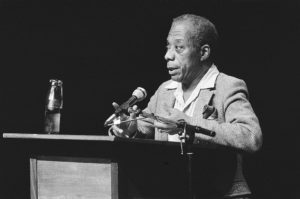
“The struggle to fight for truth in an age of Lies must be relentless,” writes Darrius D. Hills in this week’s response to our episode with Eddie Glaude and his work on James Baldwin, Begin Again.

In this response to our episode with Kathleen McPhillips on the Australian Royal Commission’s Report on Institutional Responses to Child Sexual Abuse, Jack Downey offers a wider global lens on the challenges the Catholic Church faces regarding sexual abuse.
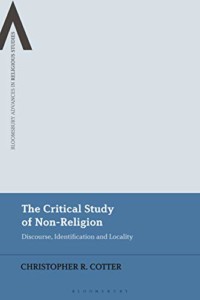
Lois Lee responds to our interview with RSP co-founder Christopher R. Cotter about his latest book, The Critical Study of Non-Religion. Calling his work “a milestone” that answers the need for a “systemic intervention” in critical approaches to non-religion, Lee suggests that the parallel lives of critical secular and non-religious studies are starting to converge.

Overcoming the stigma of sexual abuse remains a central challenge for survivors. In response to our interview with Kathleen McPhillips on the Australian Royal Commission’s Report on Institutional Responses to Child Sexual Abuse, Dr. Kate Gleeson reminds us of the urgency of working with transitional justice and trauma-informed principles to place survivors and their needs at the center of processes of investigation and healing.
This work is licensed under a Creative Commons Attribution- NonCommercial- NoDerivs 3.0 Unported License.
The views expressed in podcasts, features and responses are the views of the individual contributors, and do not necessarily reflect the views of The Religious Studies Project or our sponsors. The Religious Studies Project is produced by the Religious Studies Project Association (SCIO), a Scottish Charitable Incorporated Organisation (charity number SC047750).